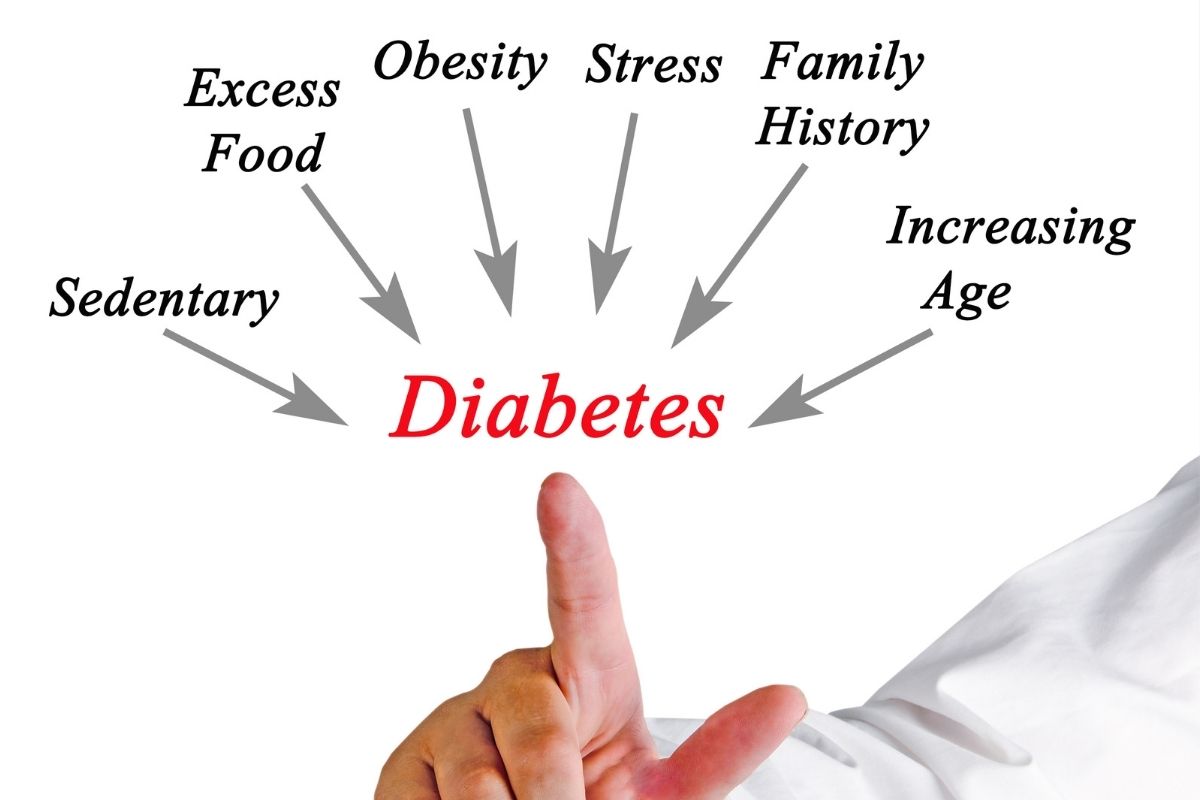Authors: Polonsky, WH., Fisher, L.
Abstract
Providing behavioral, biomarker, or disease risk feedback to patients is a key component of most behavioral interventions in diabetes, but it remains unclear what is necessary for such feedback to be truly engaging and effective. We sought to identify how personalized health-related feedback is most effectively designed and delivered, and how feedback may be tailored to meet the needs of individual patients with diabetes. To do so, we systematically reviewed recent findings concerning the effectiveness of feedback in eight health-related areas, including several specific to diabetes care (blood glucose monitoring and HbA1c) and others which touch on broader care dimensions (blood pressure, cholesterol, dietary intake, pedometer usage, self-weighing, and medical imaging). Five interdependent characteristics of health-related feedback were identified (clarity of the feedback message, personal meaningfulness of the feedback, frequency of feedback, guidance and support accompanying feedback, and interplay between feedback and patient characteristics) and applications for use in diabetes care were provided. Findings suggested that feedback will be most effective when it is easy for patients to understand and is personally meaningful, frequency of feedback is appropriate to the characteristics of the behavior/biomarker, guidance for using feedback is provided, and feedback is qualified by patient characteristics. We suggest that the effectiveness of feedback to promote better diabetes outcomes requires careful consideration of the feedback message, how it is delivered, and characteristics of the recipients.



